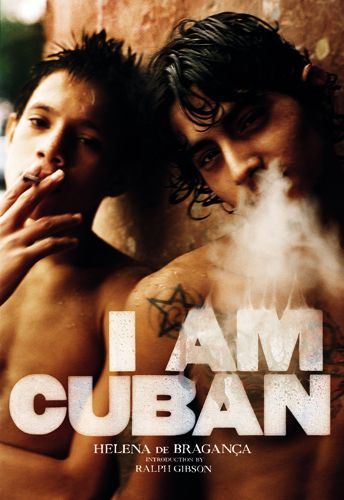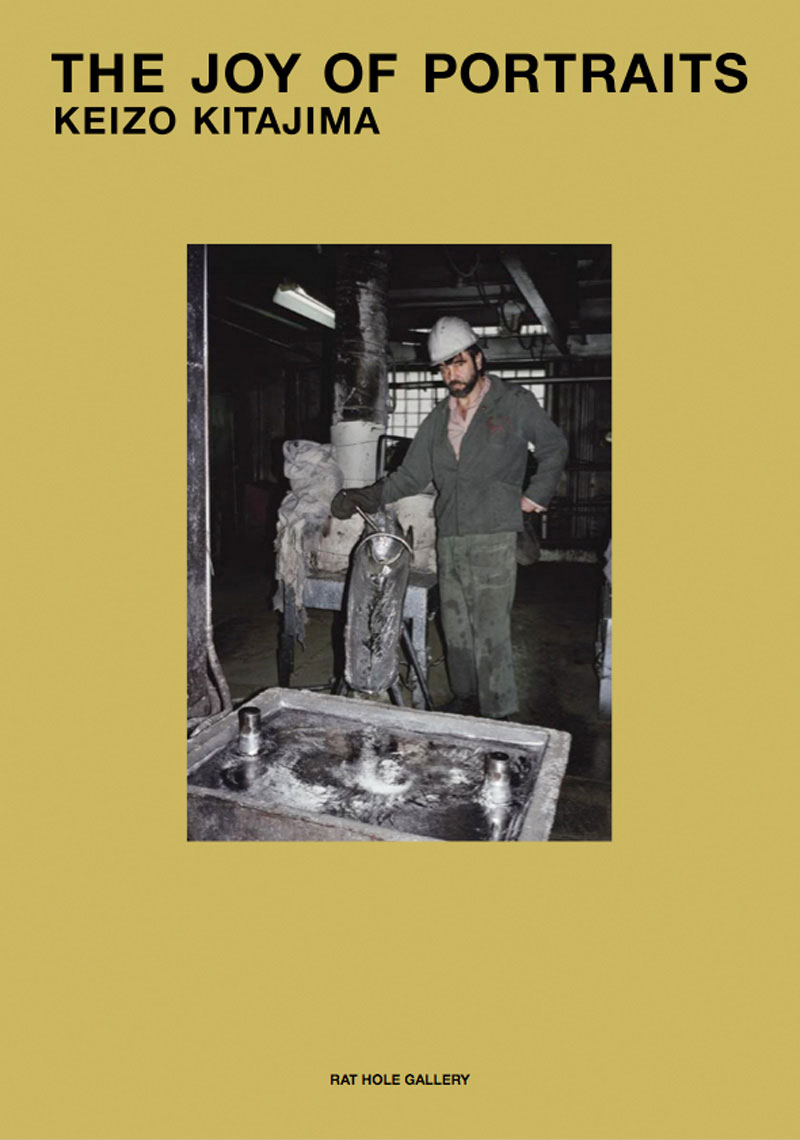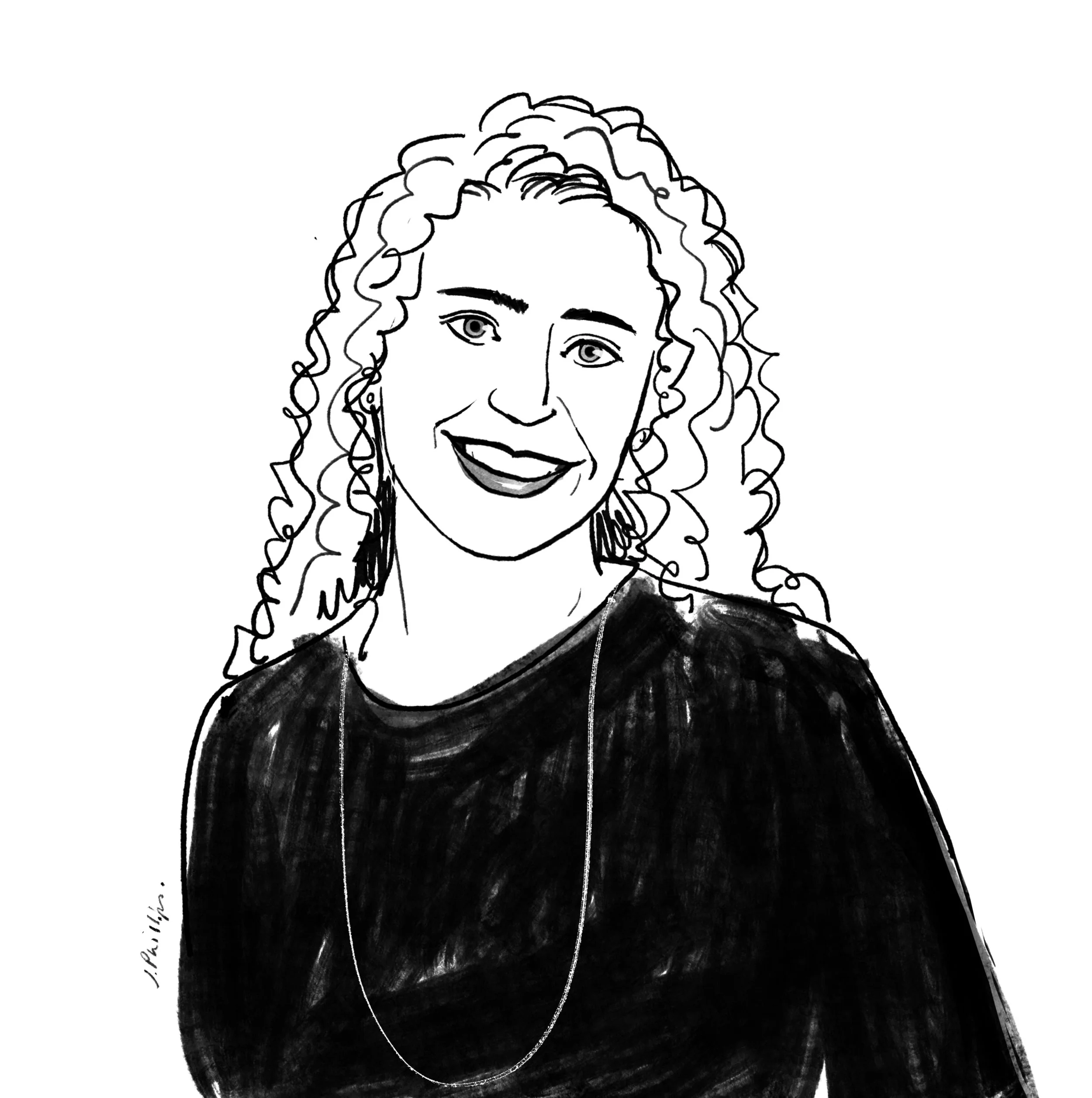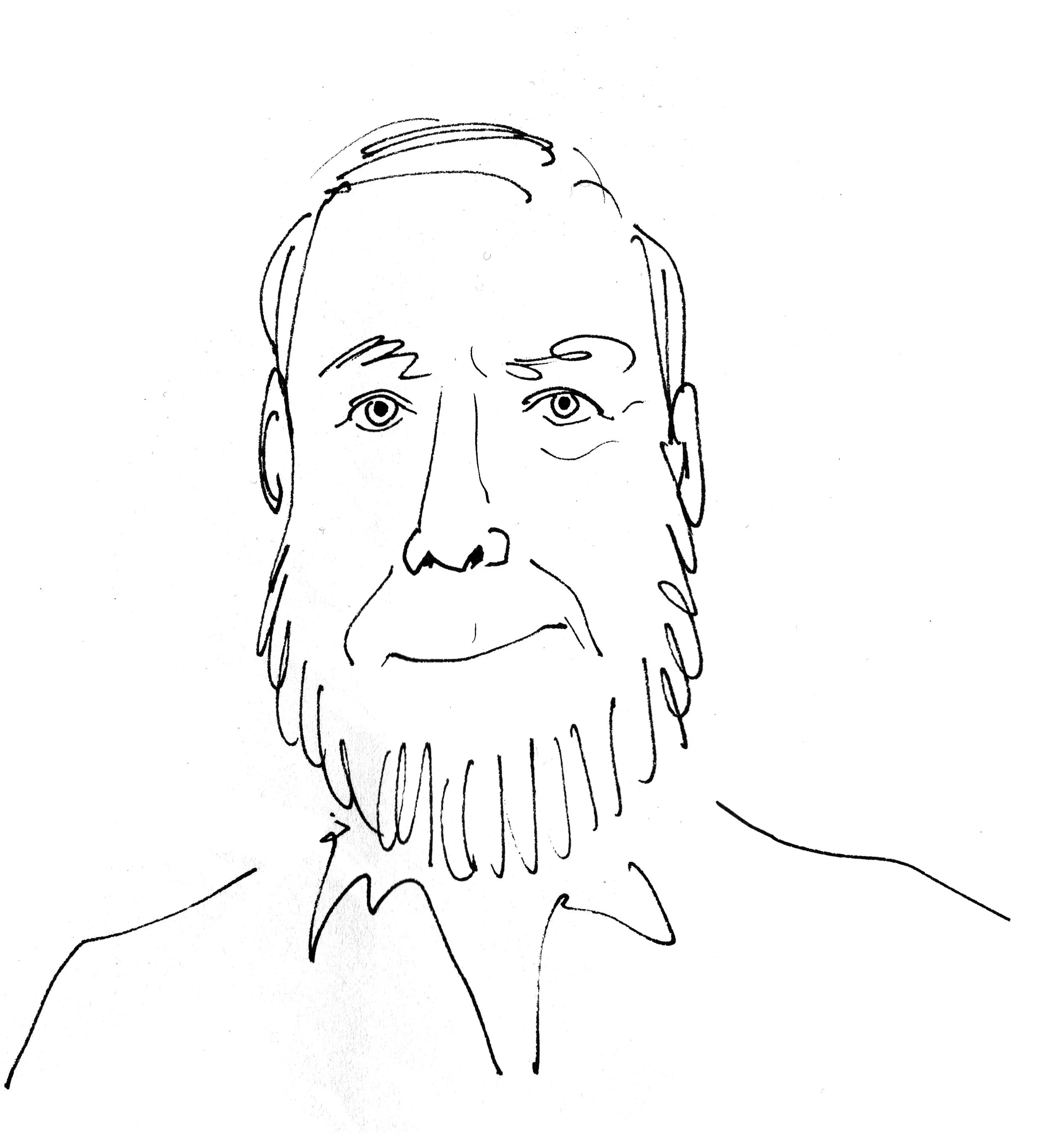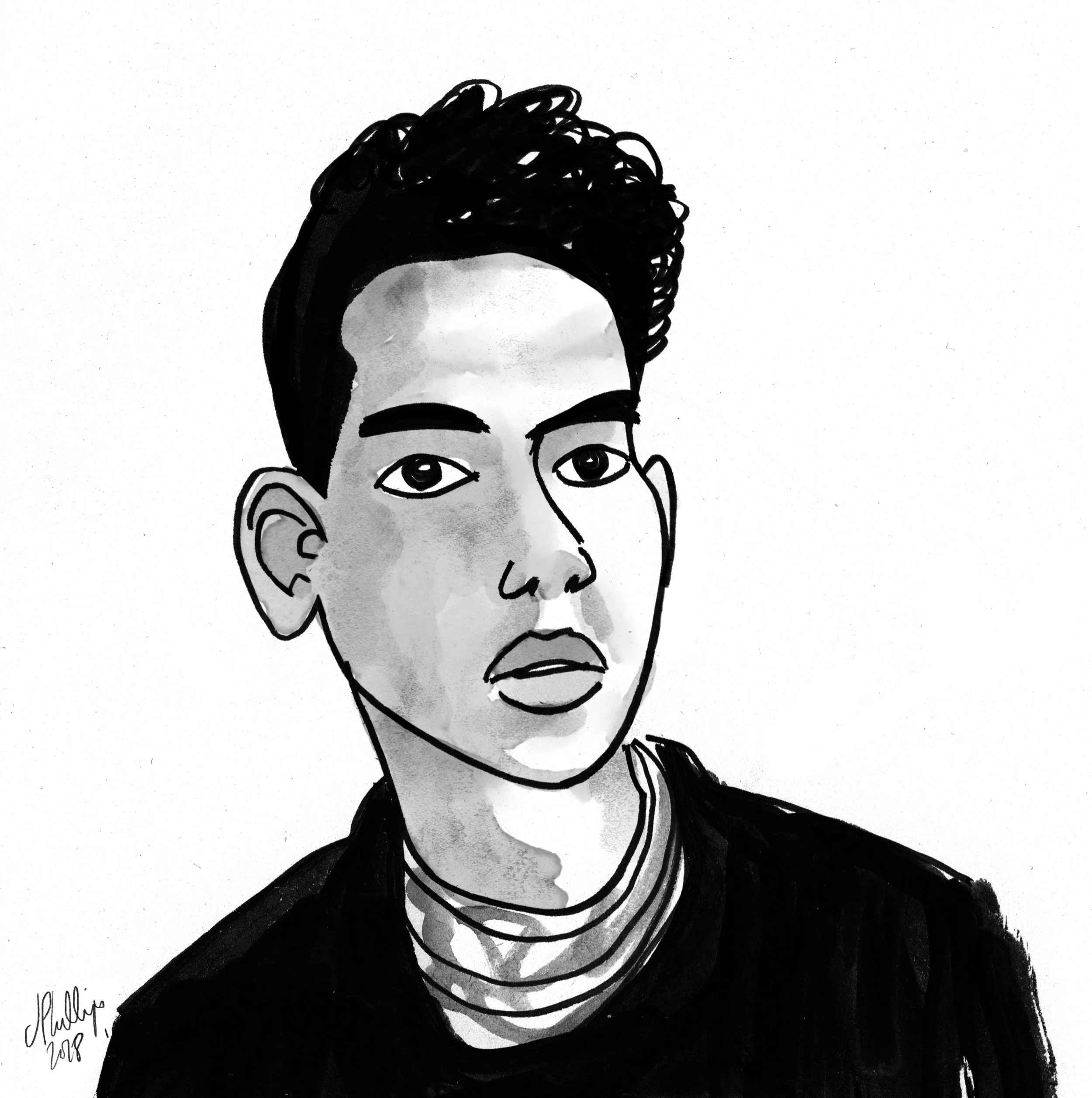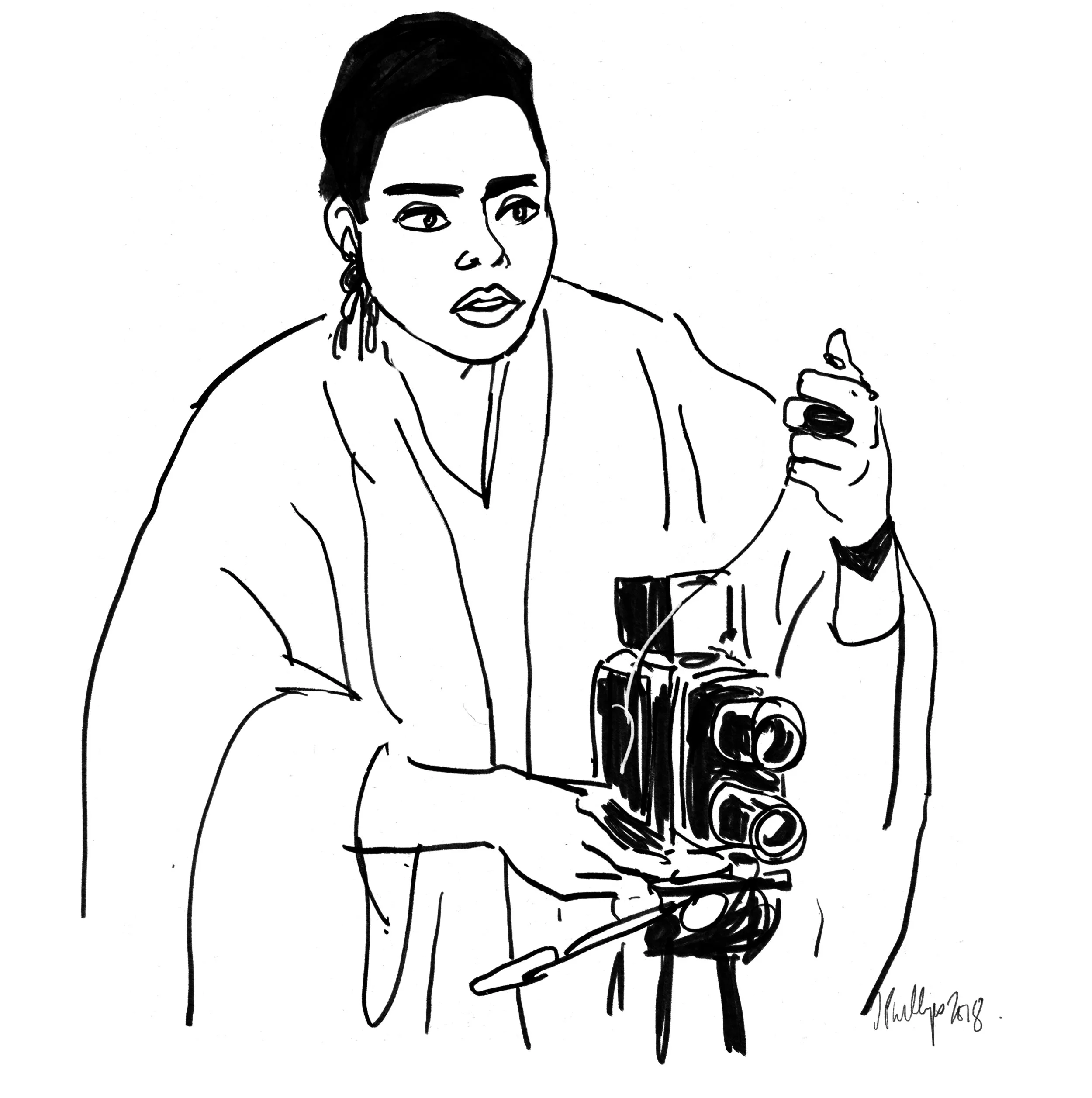Ronan Mckenzie, Photographer
Ronan Mckenzie is a London-based photographer, curator, and the publisher of HARD EARS. Her photography focuses on themes that unearth hidden beauty and cultural imagery.
Her latest project, I’M HOME, came from the realization that there has never been a show solely showcasing black British female photographers.
Mckenzie shares four photo books that inspire her work, and talks about the first image that made her fall in love with the craft.
I Am Cuban,
by Helena de Bragança
“This was one of the first photo books I bought; I wasn't familiar with Helena de Bragança’s work but the cover jumped out at me as it was nestled within the shelves of Claire de Rouen Books, and I was instantly drawn in by the depth of the stories that I could read by just looking at the images.”
Kitchen Table Series,
by Carrie Mae Weems
“If I could only have one photo book, Kitchen Table Series is probably the one I would choose. I think what makes it so special to me is that I almost see moments of my own life and memories within the pages, or if not my life, a life that I can understand and relate to in some way. The simplicity and honestly inspires me.”
The Joy of Portraits,
by Keizo Kitajima
“I discovered Keizo Kitajima way after I discovered his photographs. I love the variation and free nature of not only his subjects but the way he takes portraits; there isn't a prescribed way that he sees a face or a person, each portrait feels different, and I like that. Maybe each portrait feels different because it feels like each person.”
Why I'm No Longer Talking To White People About Race,
by Reni Eddo-Lodge
“This isn't a photo book, but this book had an impact on the way that I both work and see myself as a photographer. So many internal prejudices and subconscious feelings that I had as a black woman surfaced while reading this book, which started me on a journey of re-discovery. It has shaped my work equally to the other books on my list.”
Ronan, tell us about how you got into photography and the first image that made you fall in love with the craft.
It was December 2014, I dropped out of Central Saint Martins after a week, and had been assisting a few stylists for a couple of months. While on set, I was finding myself more and more interested in the final image and wanting to be part of that. I had met photographer, Piczo, at an i-D party as I had interned there earlier in the year. We ended up working on a test shoot together which I styled. I took my camera along, and he was happy for me to take some photos, and was also kind enough to give me a few rolls of film when I ran out. That was the first time I got photos back from a post-education "fashion" project and loved the experience.
In your projects, you mention the exploration of narrative in photos. What does narrative mean to you? And what do you hope the viewer tells themselves about your work?
To me, exploring a narrative is having a story behind an image. Sometimes it's inexplicable because it's the way the image makes me feel, or sometimes there's a deliberate story that's being told and as the viewer I'm trying to read it.
What I love about photography is that, without explanation, photographs can't be read the same by any two people as each person uses their own past experiences to translate the image into emotions, and then into words. Within my work, there's a mixture of deliberate stories and ideas that I'm putting out there to be translated by each viewer in their own way, so my only hope is that the viewer is able to connect in some way—the rest is their choice.
We love the expressions and emotions displayed with the use of hands, environment, and personal spaces. What do you usually say to your subjects? How do you get them to be so open in front of you?
Whenever I shoot someone I'm really just trying to show them as they are from my perspective. I won't actually say much or direct much in terms of where they should put their hands or the way they should move.
I try to create an atmosphere that they feel comfortable in and capture whatever they give me. I worked in retail from when I was 16 until 22, and I think it gave me a valuable education on small talk and creating a comfortable, non-judgmental, positive space, so that even when I am more directive with movements, the person understands that they are doing absolutely great—it's me that needs something different.
In your project, I’M HOME, you highlight the work of black British female photographers because you found that no one had talked about it. When you realize an opportunity like this, what are some steps you take to bring a personal project to life?
With I'M HOME, and any personal project, I try to stay true to what I want to achieve and what I want to see. I try not to shape my ideas or processes to what I think someone else might want, and instead go off the basis that the most important thing for me is to create work/spaces that I can enjoy. If other people enjoy them too then that's amazing, but if not, that's okay. I feel that if I worried too much about creating something for others than I might lose myself in the process.
Do you have any personal rituals before a shoot and after?
I don't have any specific rituals that I do pre or post shoot, but it's really important to me to eat well, exercise, and take time for myself. I'm generally a calm person, but if there's ever a shoot that I'm nervous about, I make it a priority to relax and make sure I've got a good shoot plan so I know exactly what I'm doing.
Exhibitions are a way to see our work in full scale and also to share it with communities. How have you personally grown after your exhibitions? Why are they meaningful to you?
I've only been in three exhibitions so far, two of them I put on myself, and one that was curated by Red Hook Labs in collaboration with Nataal Media. Each of them have been incredibly important and meaningful as each have represented a milestone in my development both as an artist and as a person.
An exhibition is a wonderful way to showcase work, but almost more importantly, to bring together a community of people and share a space. At my last exhibition I was randomly re-united with a cousin I hadn't seen for over 10 years, and I think that just exemplifies the power of bringing people together over the common enjoyment and/or appreciation of the feeling of certain images or artworks.
What advice would you give to young photographers and visual artists on connecting with subjects or really seeing someone for who they are?
I think the best advice I can give is to only shoot subjects that you really want to shoot and don't just shoot for the sake of it. When I started, I found so much more meaning in my work and began to understand my enjoyment of it and appreciated the time I have with each subject so much more.



